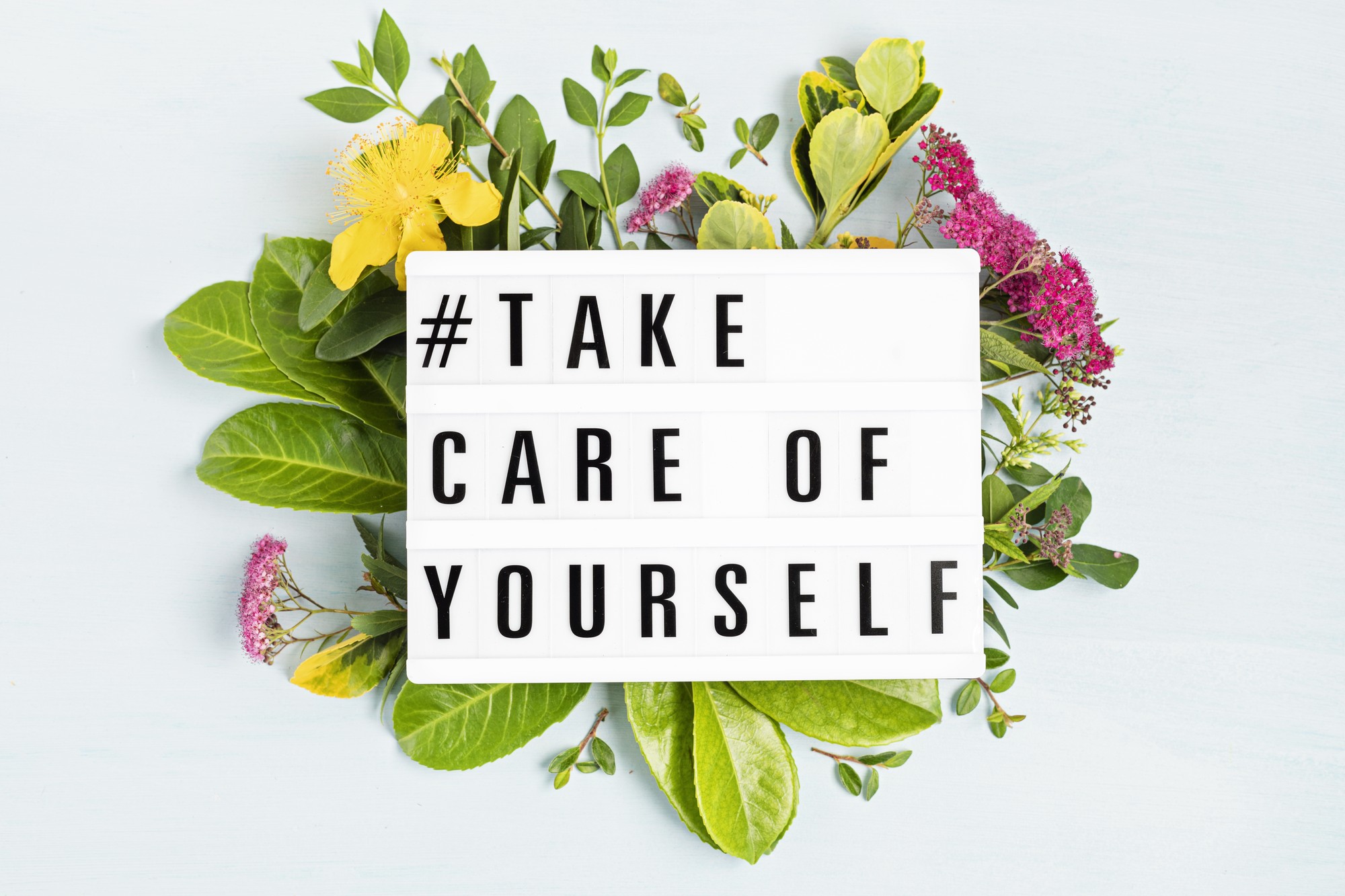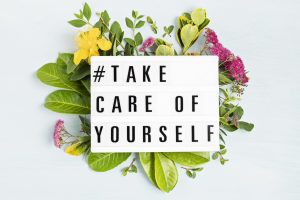Being UCLA students, school is evidently one of the biggest priorities in our lives. Naturally, however, stress becomes one of our long-time, unwanted companions. Especially as freshmen, it is easy to be consumed by everything that’s going on. I recall the frequent, all-consuming stress of freshman year all too well – anxious to make new friends, join clubs, and excel in classes, I certainly felt the pressures of adjusting to college life. Finding a healthy school-life balance can be challenging during the first few months of college (and for the rest of college if we’re being honest), which is why it is all the more important for us to prioritize our bodies, minds and souls.
Living in a fast-paced world with our crazy schedules, we’re often too consumed by technology and our day-to-day duties to slow down and check-in with ourselves. “Me-time” is usually the last thing on our minds, but it’s one of the most beneficial things we can do for ourselves. Growing up, my parents used to always say, “Health is like the number one. Everything else is the number zero. You could have all the money, power, prestige, etc. in the world, but without health, you have nothing.”
Obviously, everyone is different – self-care practices that work for some won’t work for others. Here’s a shortlist of school resources for self-care as well as practices that I’ve found useful in my life. I hope that they’ll be of some benefit to you too!
School Resources:
Counseling and Psychological Services (CAPS) is the student mental health center at UCLA. CAPS offers a variety of services and programs for UCLA students to meet their mental health needs. These include:
- Individual counseling and psychotherapy, group therapy and couples counseling
- Crisis counseling available by phone 24 hours a day/7 days a week
- Crisis consultation and emergency intervention
- Psychiatric evaluation and treatment
- Psychoeducational programs and workshops
For students with UC SHIP, all CAPS services are pre-paid, so no additional fee is required. For students without UC SHIP, therapy sessions are $15 each.
For further information, please refer to their website: https://www.counseling.ucla.edu
Campus Assault Resources and Education (CARE) provides support, consultation, and advocacy for student survivors of sexual assault, stalking, and dating and domestic violence. They also provide trauma-informed yoga for student survivors.
For further information, please refer to their website: https://www.careprogram.ucla.edu/
For a more comprehensive list of community resources, please check out this compilation created by the UCLA Dashew Center for International Students & Scholars (DCISS): https://www.internationalcenter.ucla.edu/resources/menu
Some of my personal favorite practices:
1. Exercise
I’m sure you’ve all heard the benefits of exercise enough already, but it truly is one of the best ways to help you physically and mentally. Working out releases endorphins, resulting in a mood and energy boost. While this endorphin-induced mood boost is short-term, exercise also has a wide range of long-term benefits. Research over the years has shown that it reduces stress, helps you sleep better, and can have a positive effect on ADHD, anxiety and depression. I’ve personally noticed a huge difference in my motivation and efficiency after my daily runs. Yoga has also been a good way for me to relax and clear my mind.
2. Meditation
Personally, this was one of the hardest practices to make a habit of. Half-believing and half-doubtful of its benefits, I would always make excuses for not sticking to it. However, being in lockdown with the added stresses of COVID-19 has pushed me to finally make meditation part of my daily routine. Different people prefer different types of meditation (one of the most basic differentiation: guided vs. unguided meditation) as well as different times for meditation. I’ve been really enjoying a 10-15 minute silent meditation every morning right after I wake up and before I do anything, as well as a guided meditation at night (often a meditation for manifestation).
3. Mother Nature
Spending time outside, immersed in nature can be deeply therapeutic and reduce stress levels. The sights, smells and sounds of nature can be extremely refreshing from time to time. Luckily for us, we’re blessed to have the ocean close by as well as wonderful hiking trails and parks. LA might be a bustling metropolitan area, but there are still pockets of nature, quiet and tranquil, waiting to be explored. I’ve personally really enjoyed the hiking trails in the Palisades!
4. Whatever Helps You Relax!
This is different for everyone, so all I can do is share some of the things that help me relax. Just remember, it’s okay to slow down, pause and just do whatever calms and makes you happy every once in a while.
- Read, watch TV, game
- Pamper yourself! (E.g., baths, mani-pedis, face masks)
- Journal
- Bake
- Cleaning or chores (This might just be a me thing, but I find cleaning weirdly soothing!)
- Eat! (Have a scoop of ice cream, or a tub)
I hope that after reading this article, you choose to hit pause on the white noise that seems to accompany us everywhere and carve out some time just for yourself. You’ll be surprised by how big of a difference it can make!


